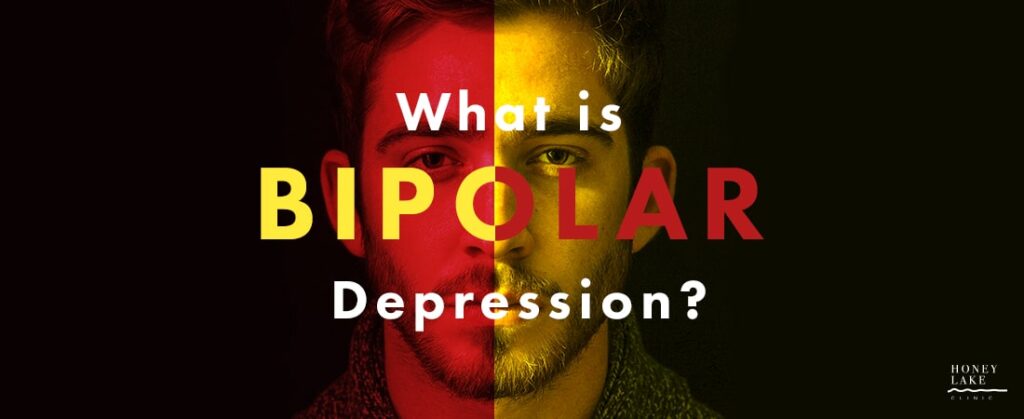What is Bipolar Depression?
The term bipolar depression refers to the depressive phase of bipolar disorder. Bipolar depression differs from unipolar, or clinical depression in that people suffering bipolar disorder experience both extreme lows (depression) and extreme highs (mania). Some people still refer to bipolar disorder as manic-depressive illness.
Depression symptoms—
While there is no specific medical test to diagnose depression, a number of signs or symptoms can be telling. On a scale of ‘not at all’ to ‘frequently’—
- How often have you been down, discouraged, depressed or felt hopeless in the past few weeks?
- How often have you found little interest or pleasure in daily activities?
- How often have you had difficulty falling asleep, staying asleep or oversleeping?
- How often have you had either a poor appetite of been overeating?
- How often have you felt overly tired or lacked energy for daily tasks?
- How often have you felt bad about yourself, felt as if you’re a failure, or letting yourself and others down?
- How often have you had difficulty concentrating?
If your answers to any combination of the questions above lean towards frequently, you may be dealing with depression.
Differentiating between depression and bipolar depression—
Many of the symptoms of depression and bipolar disorder are similar. Mental health professionals look for manic episodes in addition to the depression symptoms as a key to identifying bipolar disorder. What is a manic episode?
A manic episode is a period of elevated, expansive, or unusually irritable mood. People describe a manic mood as feeling euphoric. It may look like—
- Inflated self-esteem or grandiosity
- Disconnected and/or racing thoughts and ideas
- Inappropriate elation or euphoria
- Inappropriate social behavior
- Increased sexual desire
- More talkative or feeling pressure to keep talking
- Markedly increased energy
- Poor judgment
- Decreased sleep; rested after only a few hours of sleep
A combination of manic episodes with the depression symptoms above may be indicative of Bipolar Disorder. The manic and depressive phases of bipolar disorder don’t necessarily follow a pattern. You could have a several bouts of depression before you have a manic phase.
A proper diagnosis—knowing whether you are suffering from depression or bipolar disorder is extremely important. Treatment of the two can be quite different. But there’s good news:
Whether you’re dealing with depression or bipolar disorder, you can get better and lead healthier, happier and successful lives. It is important to get proper care.
If you think you or someone you love may be suffering with depression or bipolar disorder, we can help. To speak confidentially with a member of our team, call (888) 837-6577.
At Honey Lake Clinic, our experienced staff, licensed therapists, psychologists, and psychiatric specialists can guide you to an accurate diagnosis and start you on the path to health. The team at Honey Lake Clinic understands that effective treatment requires a multifaceted, faith-based approach, involving healing of your mind, body,and spirit.
Let us offer hope and provide answers for you.
